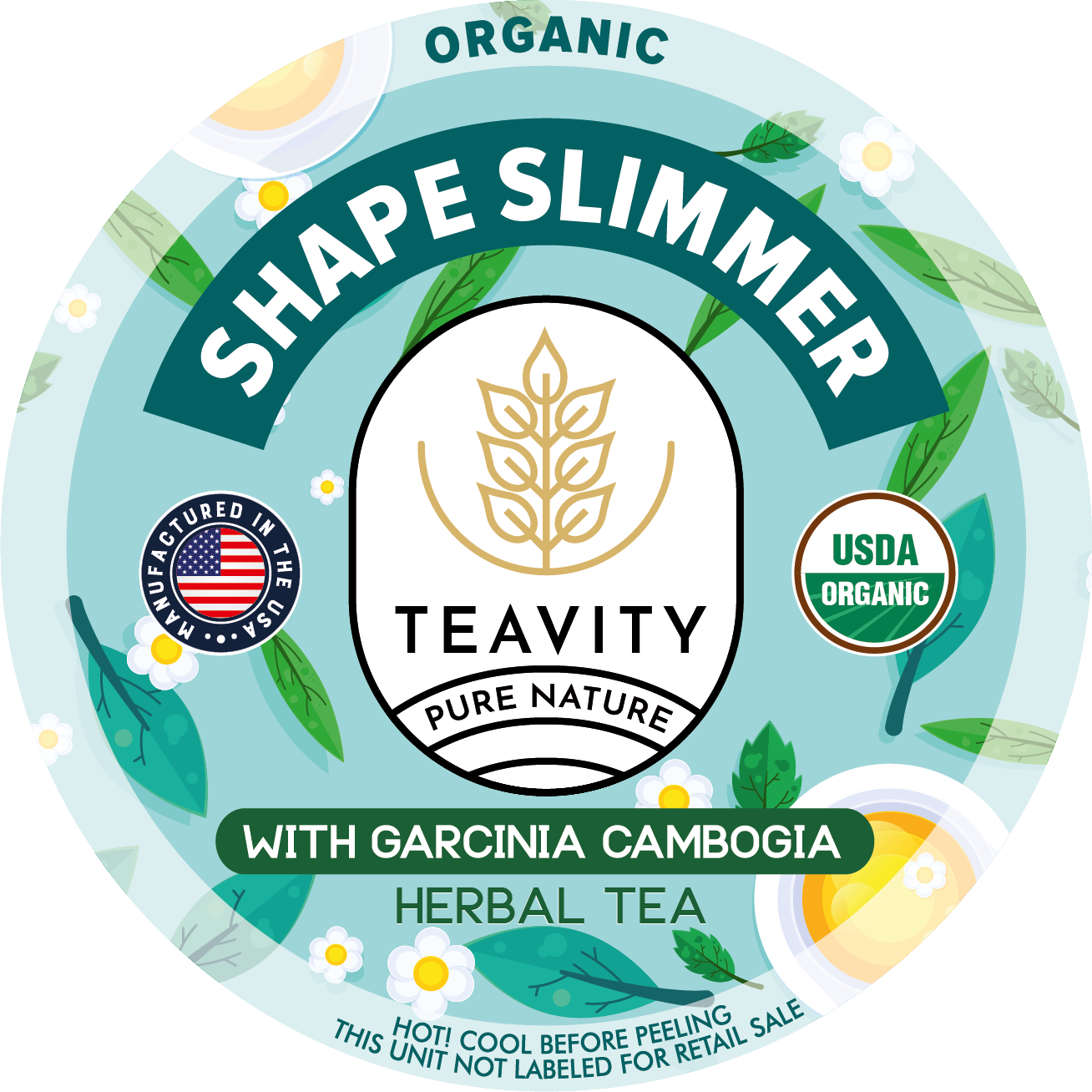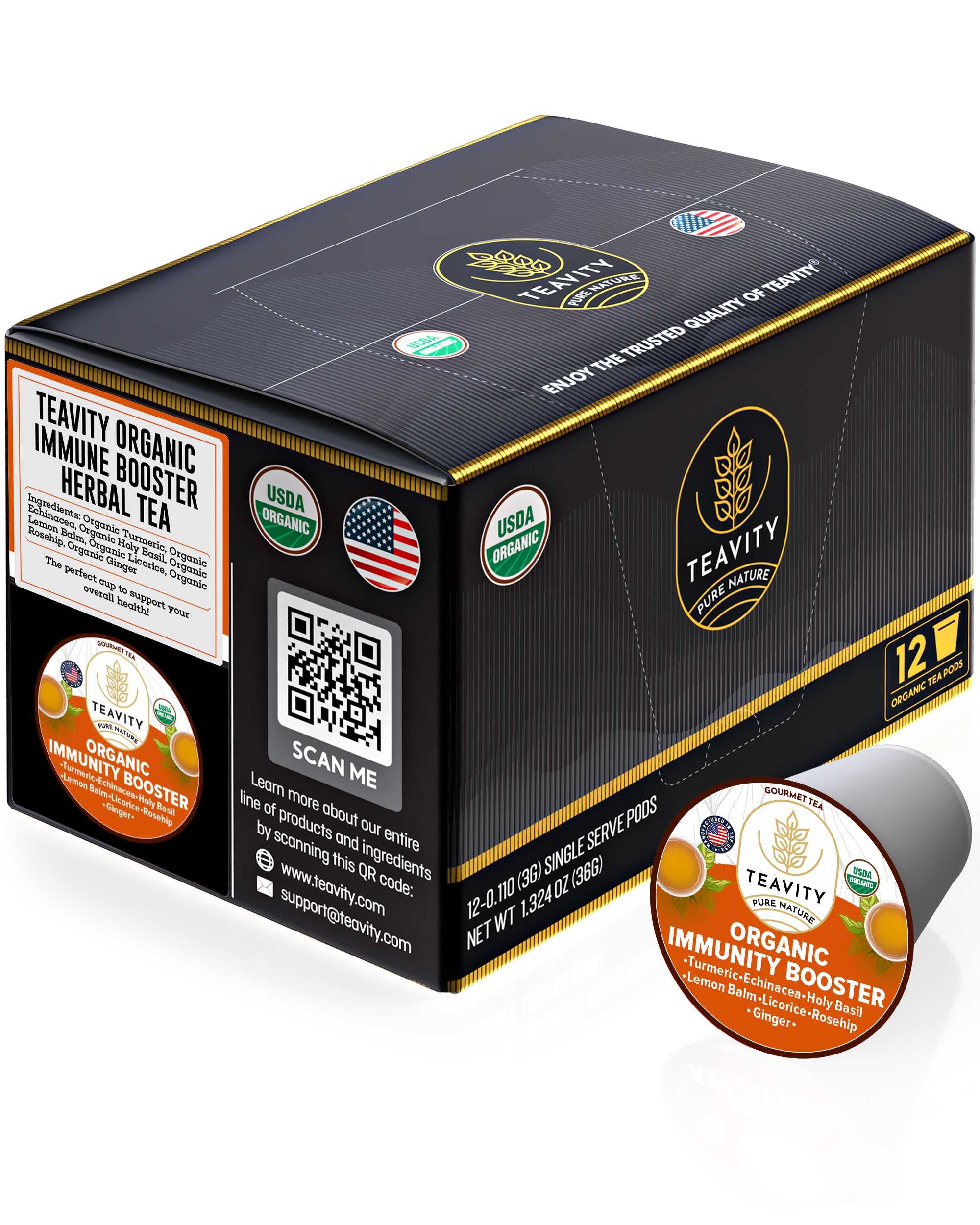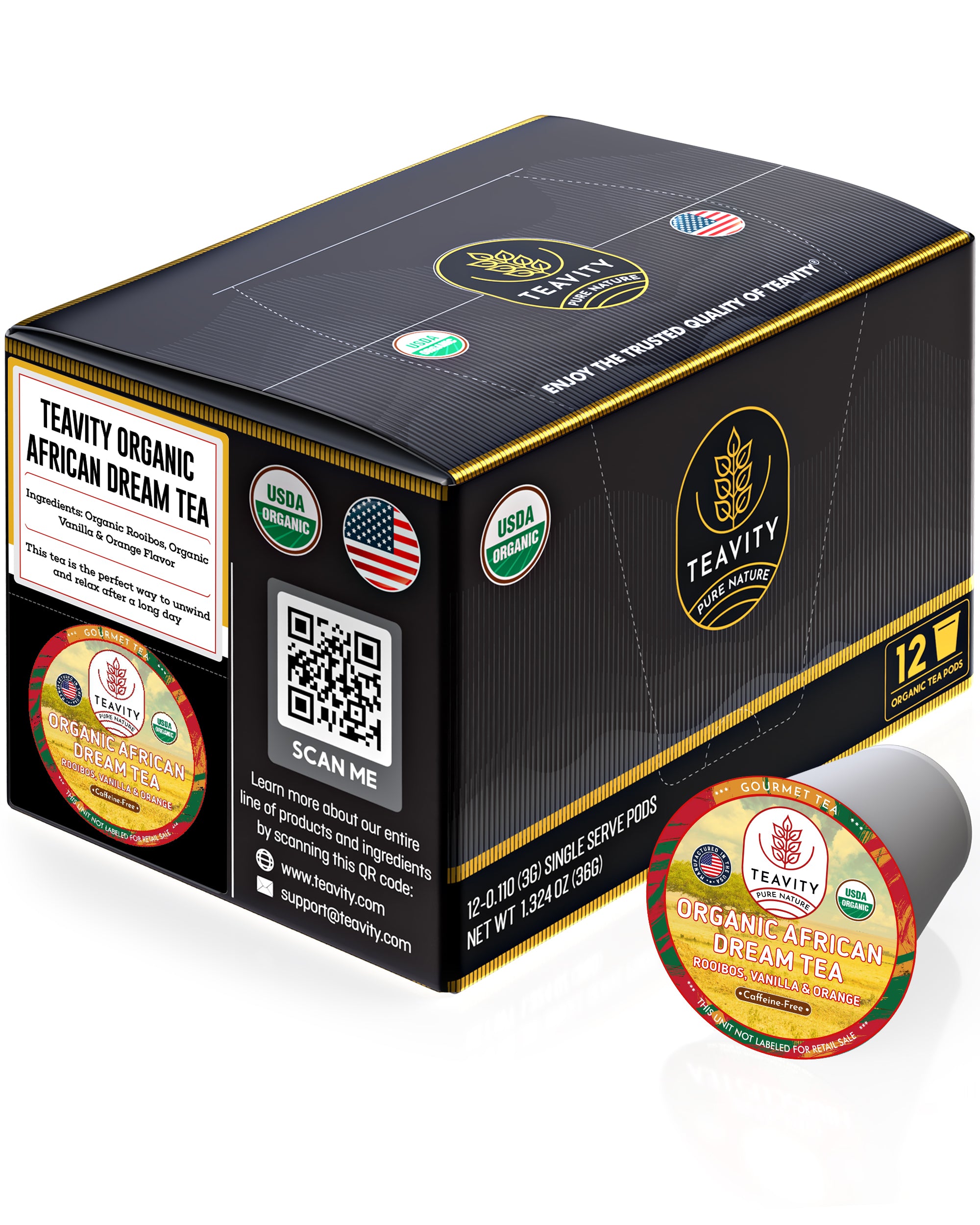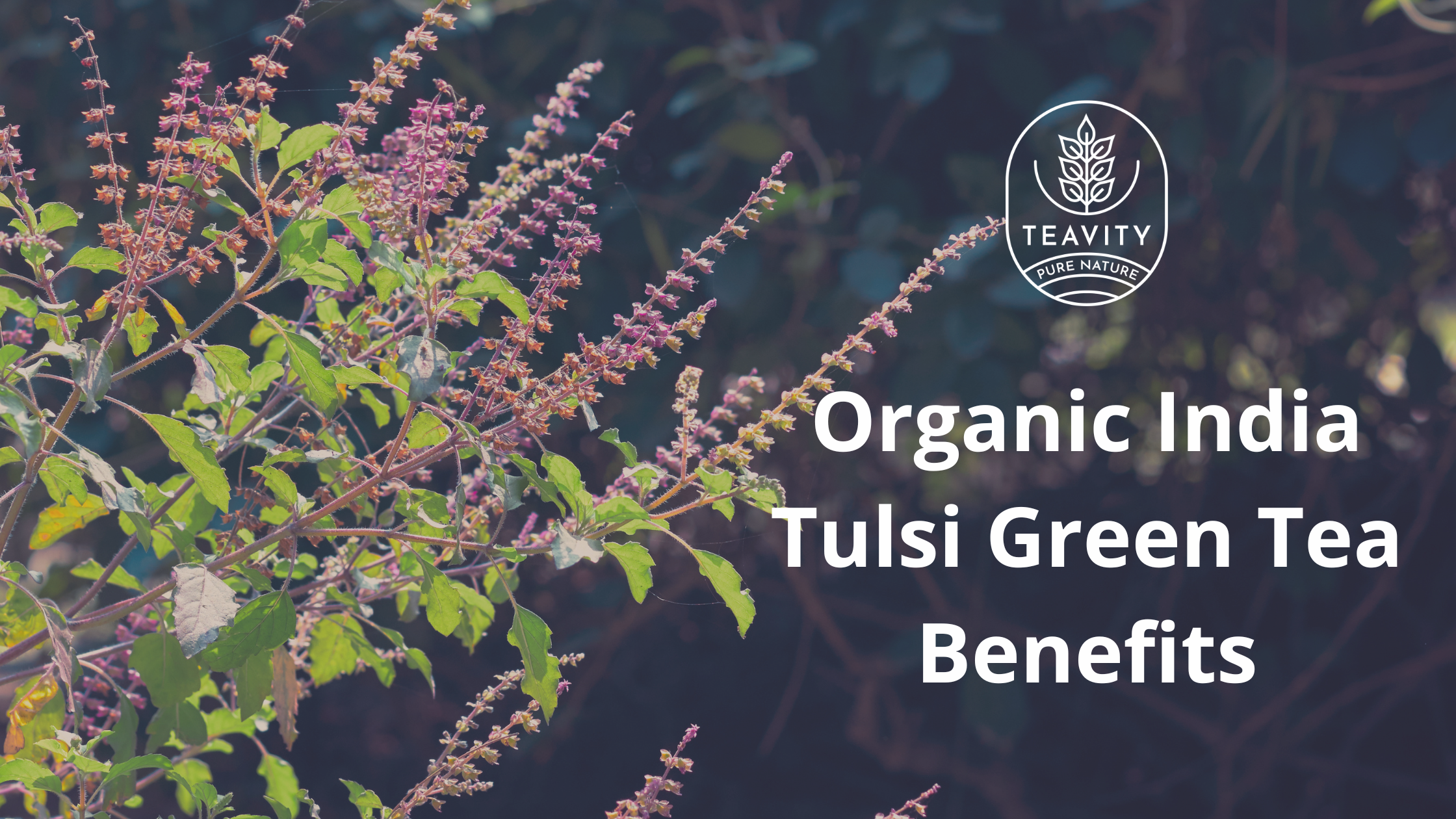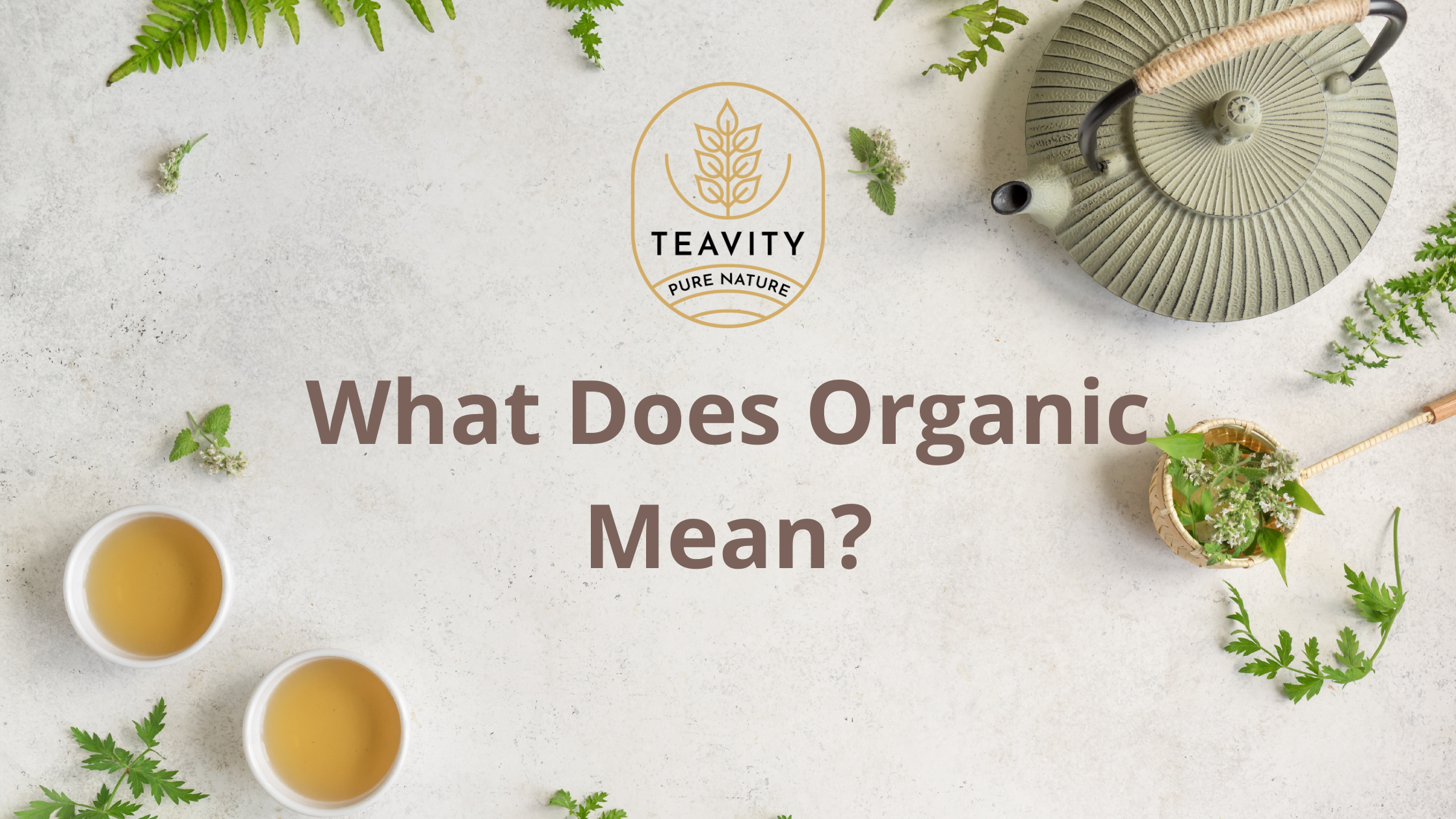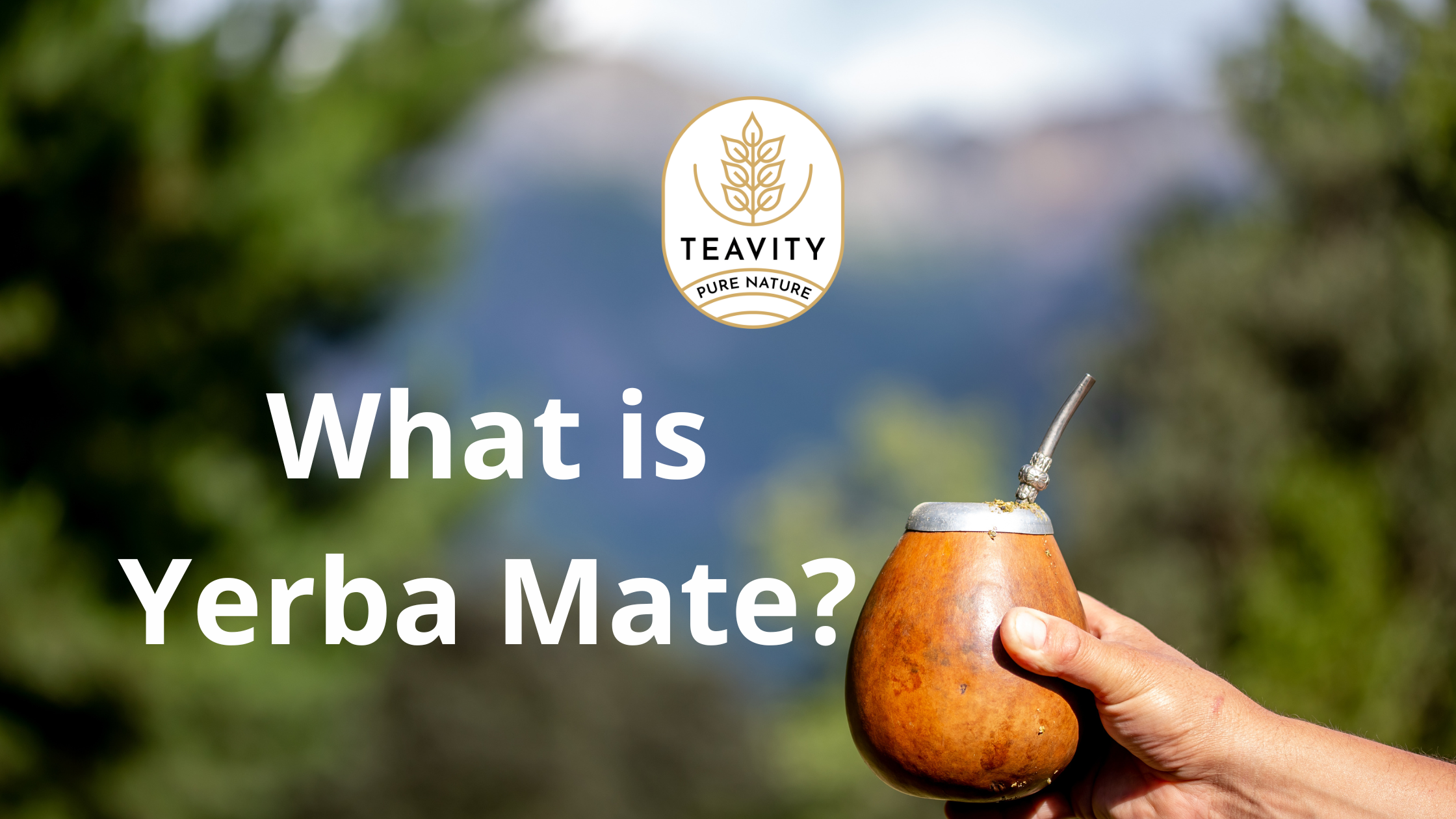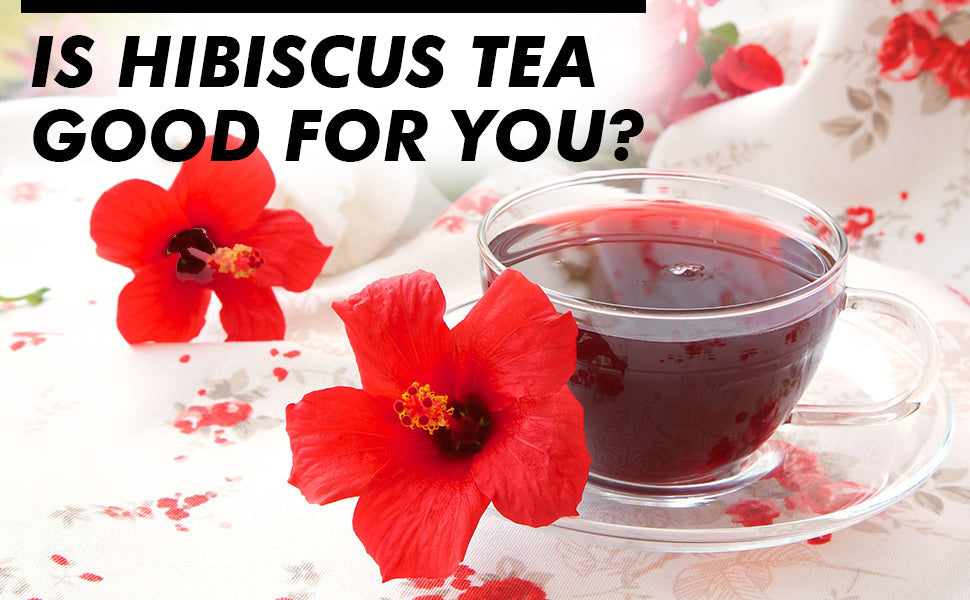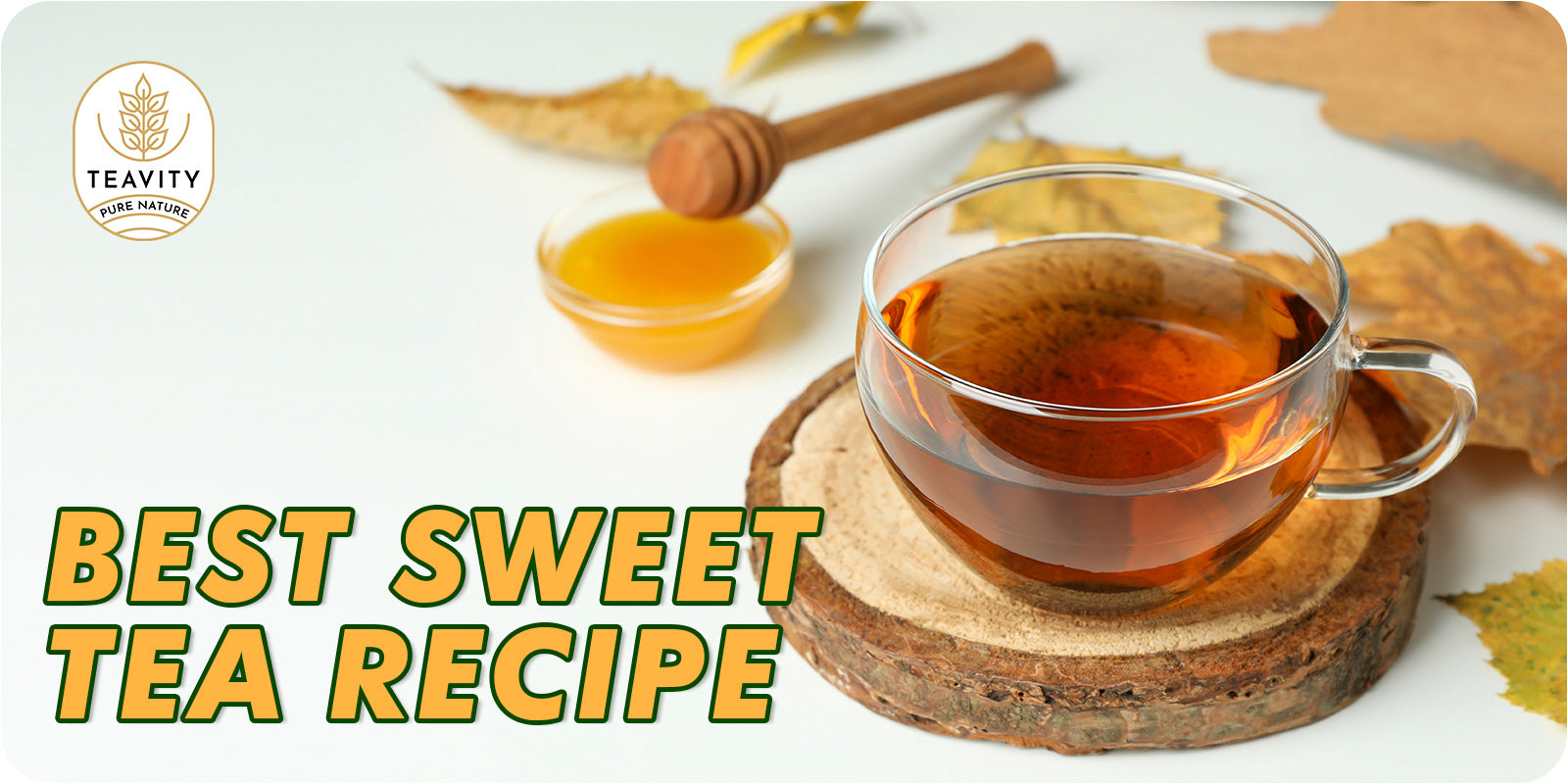
Best Tea for Sleep Insomnia
Introduction
Do you find yourself tossing and turning at night, struggling with sleep insomnia? If so, you're not alone. Sleep issues affect millions of people worldwide, and the quest for a restful night's sleep is a common goal. While various remedies are available, one natural solution that has gained popularity is tea. In this blog post, we will explore the best teas for improving sleep and addressing insomnia and how they can help enhance your sleep quality.
Benefits of Tea for Sleep
Tea has been enjoyed for centuries for its numerous health benefits, including its ability to promote relaxation and calmness. When it comes to sleep insomnia, certain teas offer specific properties that can aid in achieving a more restful sleep. Here are some key benefits of tea for sleep:
- Calming and Relaxing Properties: Many teas, such as chamomile, lavender, and lemon balm, contain natural compounds that have a calming effect on the nervous system. These properties help reduce anxiety and promote relaxation, setting the stage for a peaceful sleep.
- Stress Reduction: Tea, particularly herbal varieties like passionflower and valerian root, contains compounds that can help alleviate stress. By easing the mind and body, these teas can help support better sleep quality and reduce symptoms of insomnia.
- Natural Sedative Effects: Certain teas, such as valerian root and passionflower, possess sedative properties that can help you fall asleep faster. These teas can be especially beneficial for individuals who struggle with sleep-onset insomnia.
Top 5 Teas for Sleep Insomnia
- Chamomile Tea: Known for its soothing properties, chamomile tea is a popular choice for promoting sleep. Its mild, floral flavour and calming effects make it an ideal bedtime beverage.
- Lavender Tea: With its delightful aroma and relaxation-inducing qualities, lavender tea can help reduce anxiety and improve sleep quality. Sip on a cup of lavender tea before bed to create a serene atmosphere.
- Valerian Root Tea: Valerian root has been used for centuries as a natural sleep aid. Valerian root tea can help calm the mind and body, making it easier to achieve deep, uninterrupted sleep.
- Passionflower Tea: Passionflower tea is renowned for its calming and anxiety-reducing effects. By reducing stress and promoting a sense of tranquillity, it can enhance sleep quality and alleviate symptoms of insomnia.
- Lemon Balm Tea: Lemon balm tea offers a refreshing citrus flavour while providing relaxation and calming benefits. It can help soothe restlessness and support a more peaceful sleep.
How to Prepare and Enjoy Tea for Better Sleep
To make the most of your tea for sleep insomnia, consider the following tips:
- Brewing Methods for Tea: Follow the recommended brewing instructions for each tea variety to extract the optimal flavours and benefits. This typically involves steeping the tea in hot water for a specified amount of time.
- The Best time to Drink Tea for Sleep: It's best to consume sleep-inducing teas, such as chamomile or lavender tea, around 30 minutes to an hour before bedtime. This allows the effects to kick in as you wind down for sleep.
- Tea Preparation Tips for Sleep Insomnia: Experiment with adding natural sweeteners, such as honey, or using tea blends to enhance the taste and potentially promote sleep. Adjust the strength of the tea to suit your preferences.
Conclusion
When it comes to addressing sleep insomnia, incorporating tea into your bedtime routine can be a natural and soothing approach. From chamomile to lavender, valerian root to passionflower, and lemon balm, there are several teas available that offer calming and sleep-enhancing properties. Experiment with different varieties to find the one that works best for you. Remember, achieving restful sleep is a holistic process, and tea can be a valuable addition to your overall sleep routine. Embrace the power of tea and let its soothing qualities guide you to a restful night's sleep.
